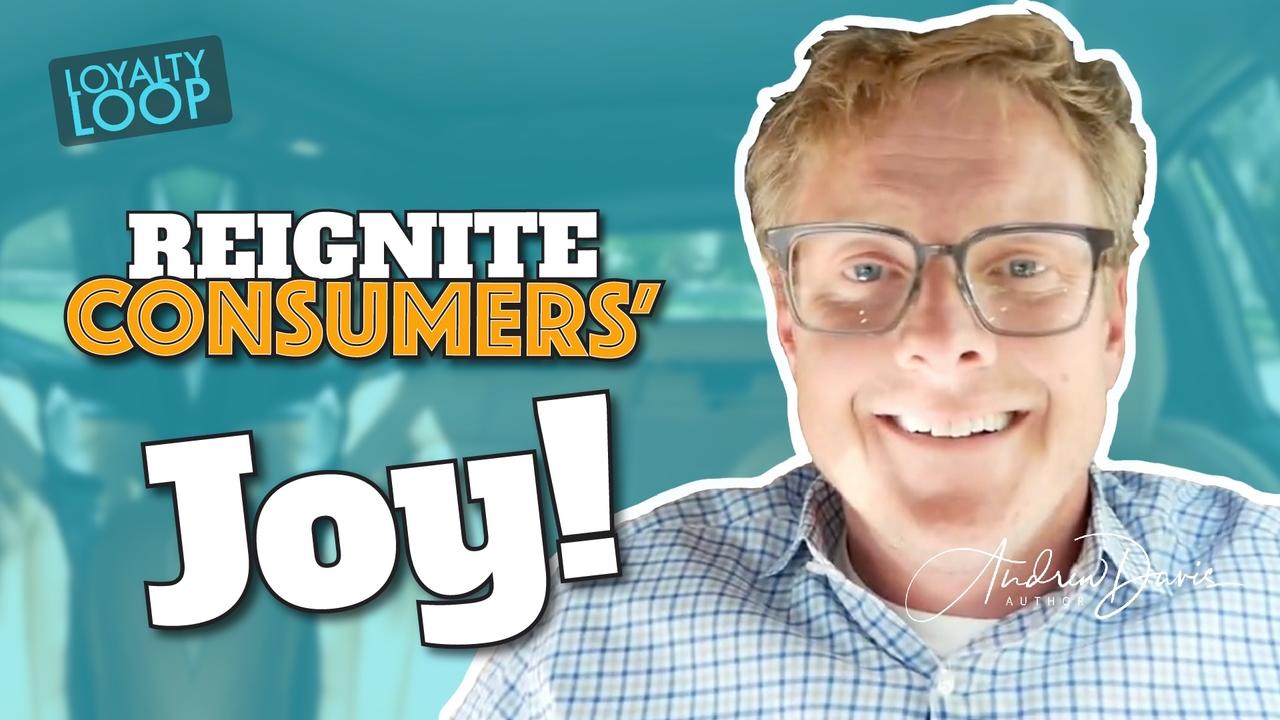How to extend customer happiness

Ah, that new car smell. Ah, yip, we finally bought a new car, actually bought it about a month ago, but we are not here to talk about our new car, we're actually here to talk about your nose and the amazing things it can teach us about consumer behavior.
That new car smell...
On Sunday, my brother-in-law got into the car in the back seat, took a deep breath and said, "Ah, that new car smell." The weird thing is I don't smell it anymore.
Have you ever wondered why your house doesn't smell weird but everybody else's does? Or why you can't smell your own bad breath?
Well in order to answer this question and understand what it has to do with the modern consumer, let's get into our noses and our brains to understand what happens when you smell a new scent.
Immediately when I hang this new air freshener, odor molecules waft through the air into the odor receptors in my nose.
These receptors send a signal to my brain where I have to identify the scent and decide what to do about it. Almost instantly, within this time span of about two breaths, my receptors turn off and the intensity of the smell starts to fade because my brain has decided that this black ice scent is non-threatening and there's no reason to keep paying attention to it.
Scientists have a name for this, they call it sensory adaptation. In fact your nose is one of the only five senses than can adapt so rapidly. But what does this have to do with marketing? Well, everything actually.
You see, when I purchased this car I was really excited about it, I wanted to have a technologically advanced, extremely nice, clean, brand new smelling car, but that didn't last long.
A month later, I've moved on. Instead of telling people I have a new car, I just have a car, come to think of it, I don't think I've told anyone in like the last three weeks that I have a new car. You see, just like my nose has adapted to the black ice air freshener and that new car smell, my brain has adapted to the idea of having a new car.
Hedonic Adaption
And this phenomenon of rapid consumer adaptation has a name too, it's called hedonic adaptation.
You see, buying something does make you happier, but only for a very short amount of time. You know what I want now? I want new luggage. You see, if I just had new luggage, I'd be happier.
How long a purchase makes you happy is directly proportional to the size of the purchase. A car purchase, for example, should make you happier than a stick of gum, theoretically.
But this chase is a treadmill, consumers are effectively chasing happiness by buying things, but there's always another purchase that will make you happy. In fact, it's called the hedonic treadmill.
So how can we make our customers happier for longer?
Well, take another deep breath. Have you ever wondered why your house smells funny when you return from a long vacation? Well, the fact is it probably doesn't smell any different than when you left, it just seems that way. You see, while you were away your brain adapted to a whole new series of scents, and smells and experiences, and when you returned home, your brain has to readjust to the scent that only seems new.
So how can you increase your customers happiness, how can you get them off the hedonic treadmill just for a little longer? You've got to help them savor the happiness they felt when they first interacted with your product.
Ask yourself, what are you doing to invite your customer to reflect on the way that your product makes their lives happier? Because it isn't about what you buy, it's about how what you buy makes you feel, and how long that feeling lasts.
The longer you extend that joy, the more they'll buy and the more people they'll tell. You see, happiness is like that new car smell, it doesn't linger long and instead of reminding your customers about your product works or how great your company is, how can you reignite the way that product makes them feel?
You might also like:
Subscribe to The Loyalty Loop
Don't miss a week!
Get next week's Loyalty Loop video a day before everyone else in the world!
